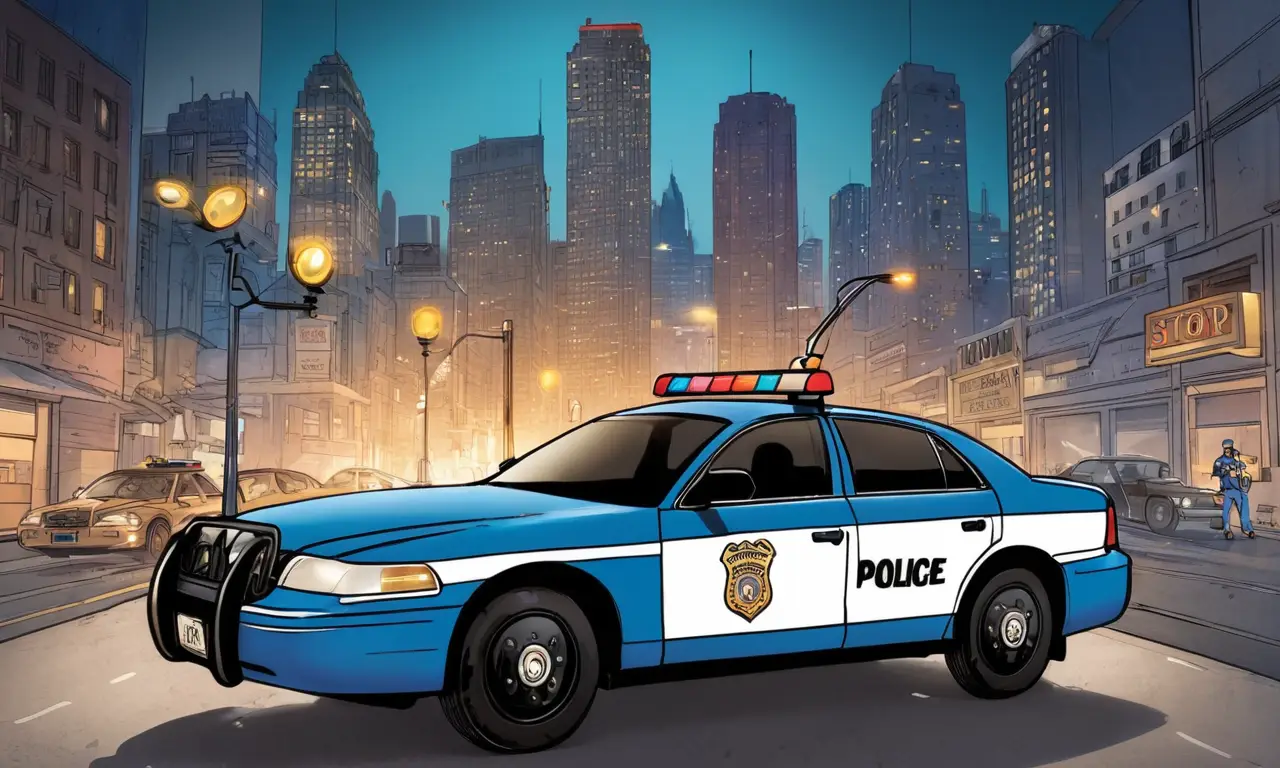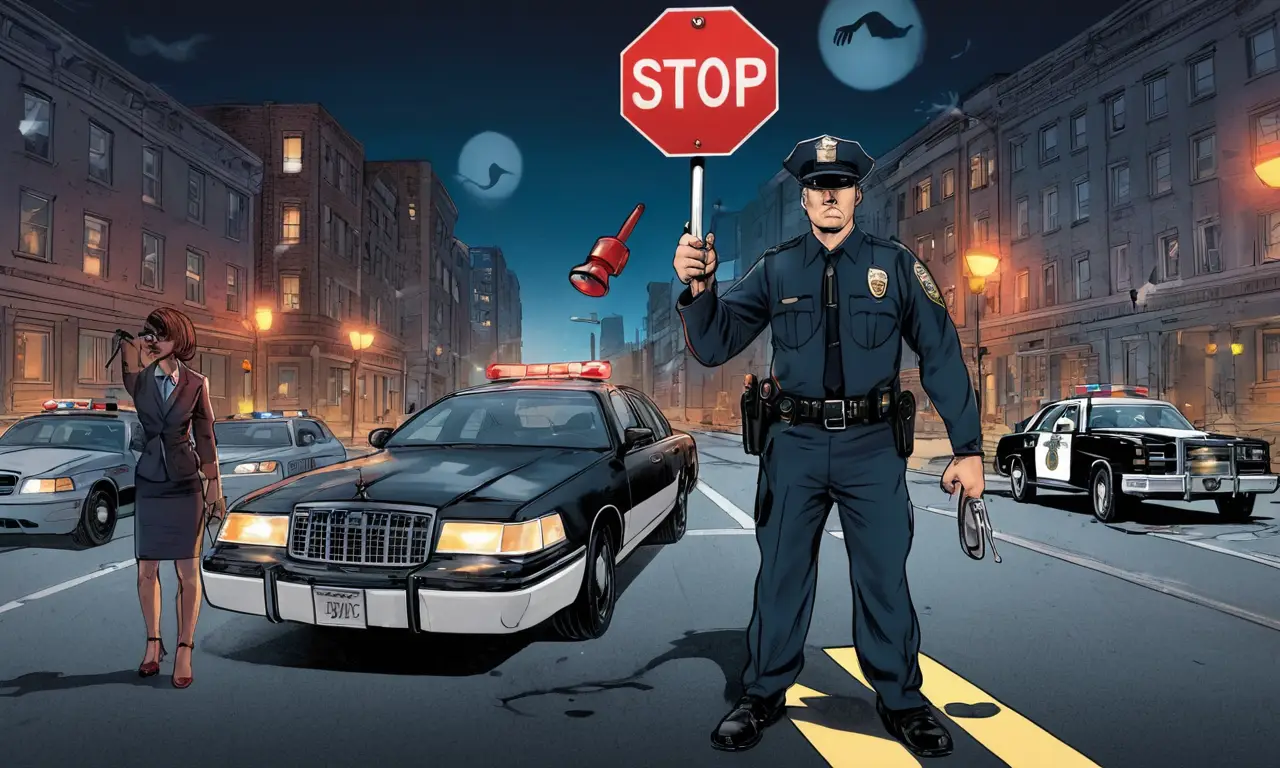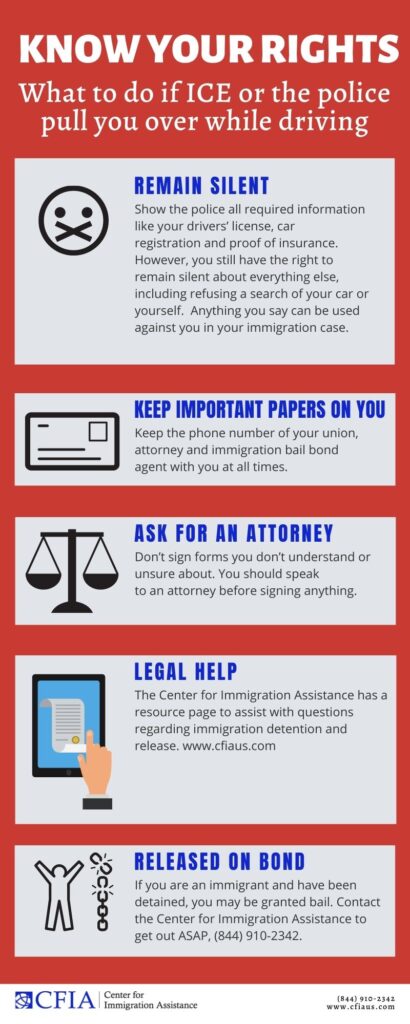Have you ever wondered if police officers can pull you over for just any reason? It’s a common question, and the answer isn’t always straightforward. While it might seem like they have unlimited authority on the road, there are actually legal boundaries that restrict when an officer can initiate a traffic stop. Understanding these limits is crucial to protecting your rights as a driver. This article will delve into the intricacies of police pull-over procedures, exploring the concepts of probable cause and reasonable suspicion, examining the role of traffic violations, and addressing the controversial issue of driving while appearing suspicious.
This article will provide a comprehensive overview of your rights when encountering a police officer on the road. We’ll start by outlining the general principles governing police stops before diving deeper into specific scenarios. You’ll learn about the difference between probable cause and reasonable suspicion, understand how traffic violations justify stops, and explore the complexities surrounding driving while appearing suspicious. By the end of this article, you’ll have a clearer understanding of your rights and responsibilities when interacting with law enforcement during a traffic stop.
Police Pull Over Rights
Every individual in the United States has certain fundamental rights, including those related to interactions with law enforcement. When it comes to can a police officer stop you for no reason, or more accurately, can police pull you over for no reason, the answer is generally no. The Fourth Amendment of the U.S. Constitution protects individuals from unreasonable searches and seizures. This means that police officers cannot arbitrarily stop and search vehicles without a valid legal basis.
While drivers have the right to remain silent and refuse consent to searches, it’s important to remember that refusing a lawful request does not automatically mean you are in trouble. However, failing to comply with a lawful order from an officer could lead to further complications. Always be polite and respectful when interacting with law enforcement, even if you believe your rights have been violated.
Probable Cause vs. Reasonable Suspicion

Understanding the legal distinctions between probable cause and reasonable suspicion is crucial for comprehending when police can legally pull you over. Probable cause requires a higher level of evidence, indicating that a crime has likely been committed or is about to occur. This typically involves concrete facts and circumstances that would lead a reasonable person to believe that criminal activity is taking place.
Reasonable suspicion, on the other hand, is a lower standard requiring less evidence. It allows officers to briefly detain an individual for questioning if they have a particularized and objective basis for suspecting criminal activity. For example, an officer might have reasonable suspicion to stop a vehicle if they observe the driver speeding or making erratic lane changes.
Examples of Probable Cause
- Witnessing a crime in progress
- Finding illegal drugs or weapons in plain view
- Receiving a reliable tip from a credible source about imminent criminal activity
Examples of Reasonable Suspicion
- Observing a person acting nervously near a known drug dealing area
- Seeing someone matching the description of a suspect involved in a recent robbery
- Receiving a report of suspicious activity from a concerned citizen
Traffic Violations and Stops
Traffic violations provide clear justification for police officers to initiate traffic stops. These violations are codified in state laws and regulations, outlining specific driving behaviors that are considered illegal. Examples of common traffic violations include speeding, running red lights, failing to signal lane changes, and driving with expired registration or license plates.
When an officer observes a traffic violation, they have the legal authority to pull over the vehicle involved. The purpose of the stop is typically to issue a citation for the violation, but officers may also investigate further if they suspect other criminal activity. It’s important to note that even minor traffic violations can result in significant consequences, including fines, points on your driving record, and increased insurance premiums.
Driving While Suspicious

The concept of “driving while suspicious” is highly subjective and often raises concerns about racial profiling. While officers are allowed to consider a driver’s behavior when determining whether to initiate a stop, relying solely on appearance or perceived suspicion can be discriminatory and violate constitutional rights.
For example, an officer might observe a vehicle driving slowly in a residential area at night. While this behavior could be considered suspicious, it doesn’t necessarily indicate criminal activity. The officer should consider other factors, such as the driver’s demeanor, any visible signs of wrongdoing, or any reports of similar suspicious activity in the area.
Conclusion
Understanding your rights when encountering police officers on the road is essential for protecting yourself and ensuring fair treatment. While officers generally need probable cause or reasonable suspicion to initiate a traffic stop, there are specific circumstances where they may have legal grounds to pull you over. Traffic violations provide clear justification for stops, but relying solely on “driving while suspicious” can be problematic and potentially discriminatory. Remember to remain calm, polite, and respectful when interacting with law enforcement, and always consult with an attorney if you believe your rights have been violated.



